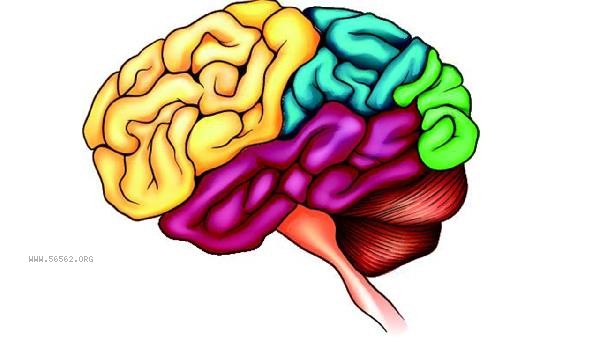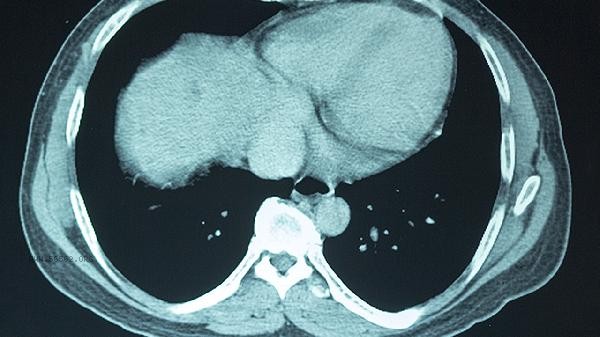Whether the frontal lobe of the brain can recover after damage depends on the degree of damage and intervention measures. Mild damage usually has good recovery potential, while severe structural damage may leave permanent functional impairment. The recovery effect is mainly affected by factors such as the cause of injury, rehabilitation treatment, age, and individual differences. The frontal lobe of the brain has strong compensatory ability and may undergo functional reorganization through neuroplasticity mechanisms after minor trauma or ischemic injury. After 3-6 months of rest and cognitive training, common patients with concussion in clinical practice can basically recover their executive function and emotional regulation ability. Nutritional support programs for neuronal metabolic disorders, such as supplementing Omega-3 fatty acids and acetyl-L-carnitine, can help promote synaptic regeneration. Physical therapy such as transcranial magnetic stimulation can activate dormant neural circuits, while computer-assisted attention training can improve working memory. Large frontal lobe infarction caused by severe trauma or stroke, usually accompanied by irreversible neuronal death. These patients may experience persistent personality changes and decision-making disorders, but they can still acquire some life skills through compensatory training. Compulsory exercise therapy can enhance the control function of the healthy hemisphere, and drugs such as dopamine receptor agonists can improve motivation deficiency. For cases of tumor compression, after surgical relief of the occupying effect and language logic training, about half of the patients can achieve compensatory levels of social function.

It is recommended to develop personalized plans as soon as possible under the guidance of rehabilitation physicians, combining medication, physical therapy, and cognitive-behavioral interventions. Maintaining moderate aerobic exercise can increase brain blood flow, and the Mediterranean diet pattern can provide essential nutrients for nerve repair. Regular neuropsychological assessments and dynamic adjustment of rehabilitation strategies can lead to varying degrees of functional improvement for most patients.










Comments (0)
Leave a Comment
No comments yet
Be the first to share your thoughts!